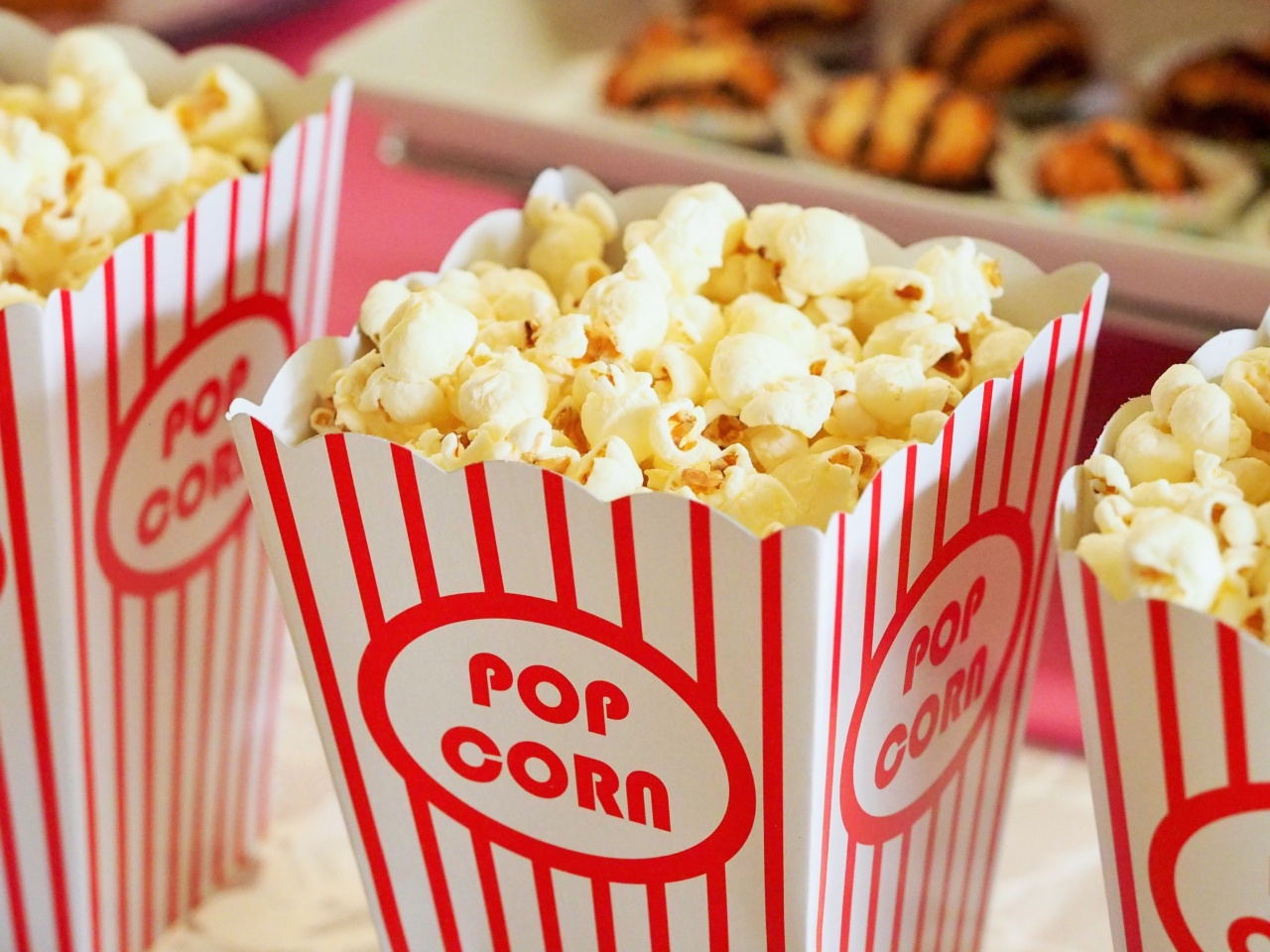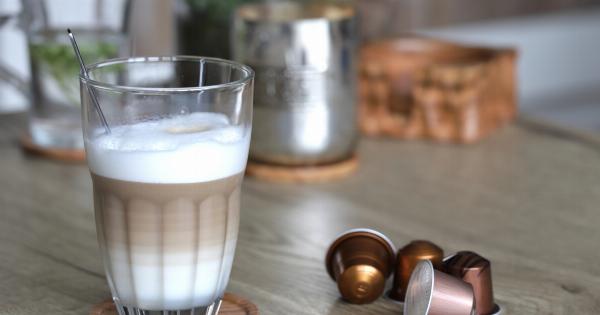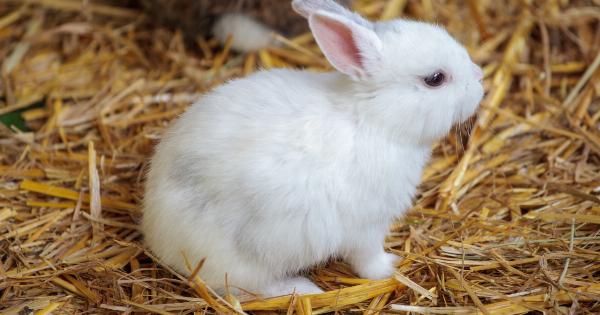Popcorn is often considered a healthy snack, especially when compared to other salty snacks like chips and pretzels. However, there is a dark side to popcorn that is often overlooked.
In this article, we will explore the negative health effects of consuming too much popcorn.
The Science Behind Popcorn
Popcorn kernels are a type of maize. When the kernels are heated, the moisture inside the kernel turns to steam. The pressure builds until the kernel explodes and turns inside out. This process results in the fluffy snack we all know and love.
The Nutritional Value of Popcorn
Popcorn is often touted as a healthy snack because it is low in calories and high in fiber. However, not all popcorn is created equal. Microwave popcorn with added butter and salt can be high in fat and sodium.
Additionally, some pre-packaged popcorn snacks are coated in sugar and other additives.
The Dangers of Diacetyl
Diacetyl is a chemical compound that is often used to give microwave popcorn its buttery flavor. However, diacetyl has been linked to a condition known as popcorn lung.
Popcorn lung is a type of lung disease that causes scarring in the lungs, making it difficult to breathe. While the risk of developing popcorn lung from consuming microwave popcorn is low, it is still a cause for concern.
Other Additives in Popcorn
Aside from diacetyl, there are other additives in popcorn that can be harmful to our health. Many pre-packaged popcorn snacks are made with artificial flavors, colors, and preservatives.
Some of these additives have been linked to health problems such as cancer and hyperactivity.
The Environmental Impact of Popcorn
Popcorn may not seem like a major contributor to environmental problems, but the way that we consume popcorn can have a negative impact on the planet.
Microwave popcorn bags are lined with perfluorooctanoic acid (PFOA), a chemical that is not biodegradable and can accumulate in the environment. Additionally, pre-packaged popcorn snacks generate a lot of unnecessary waste.
The Bottom Line
While popcorn can be a healthy snack when consumed in moderation and made with natural ingredients, many of the pre-packaged options available to us are not. It is important to read labels and understand what we are consuming.
Additionally, we can make more environmentally-friendly choices by making popcorn from scratch or choosing snacks with minimal packaging.
Alternatives to Popcorn
If you are looking for a salty snack alternative to popcorn, try roasted chickpeas, air-popped chips, or homemade kale chips. These options are all low in calories, high in fiber, and can be made without harmful additives.
Conclusion
While popcorn may seem like a harmless snack, the negative health effects and environmental impact are worth considering.
By making informed decisions about the types of popcorn we consume and how we consume them, we can reduce our risk of health problems and help the planet at the same time.































